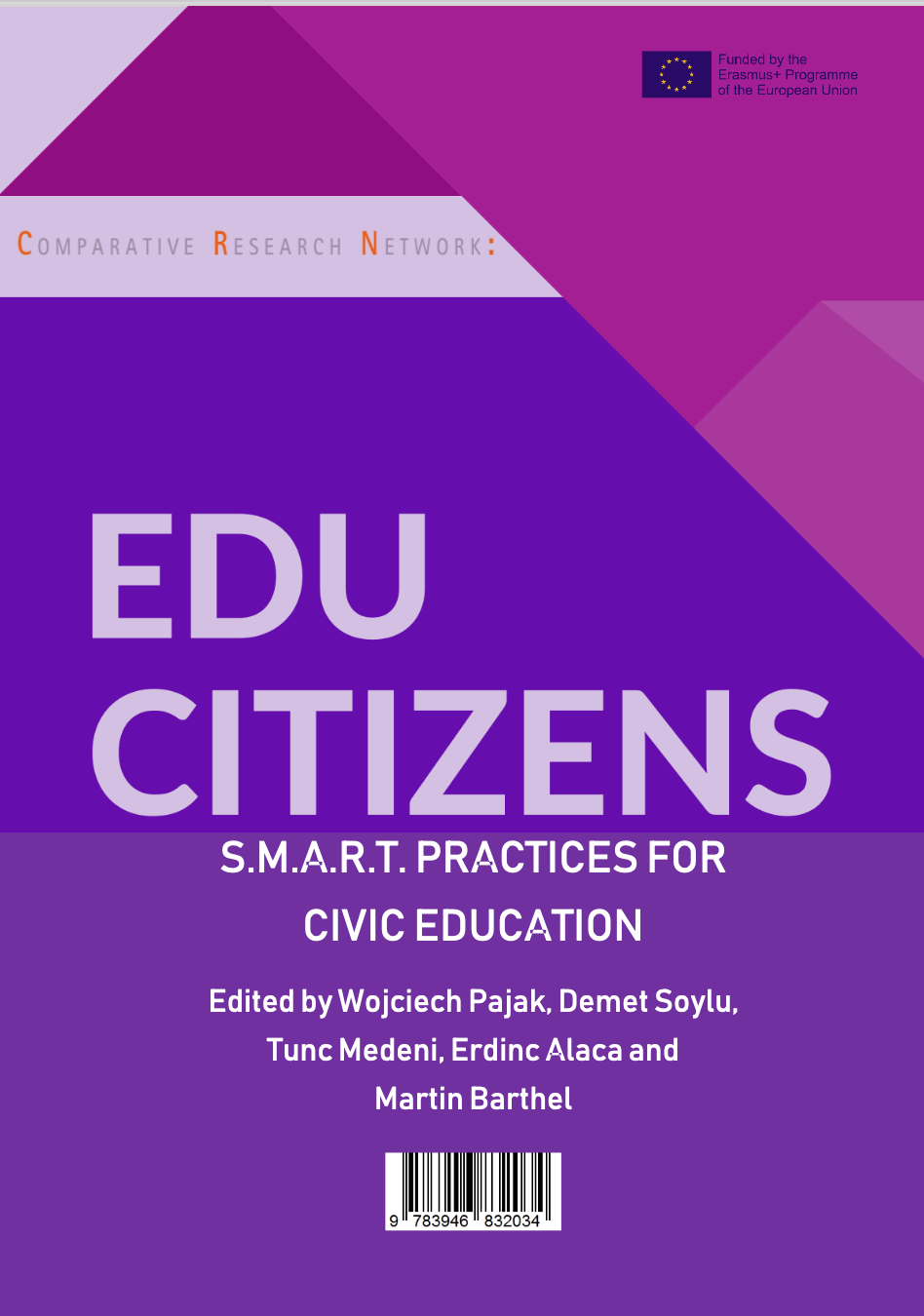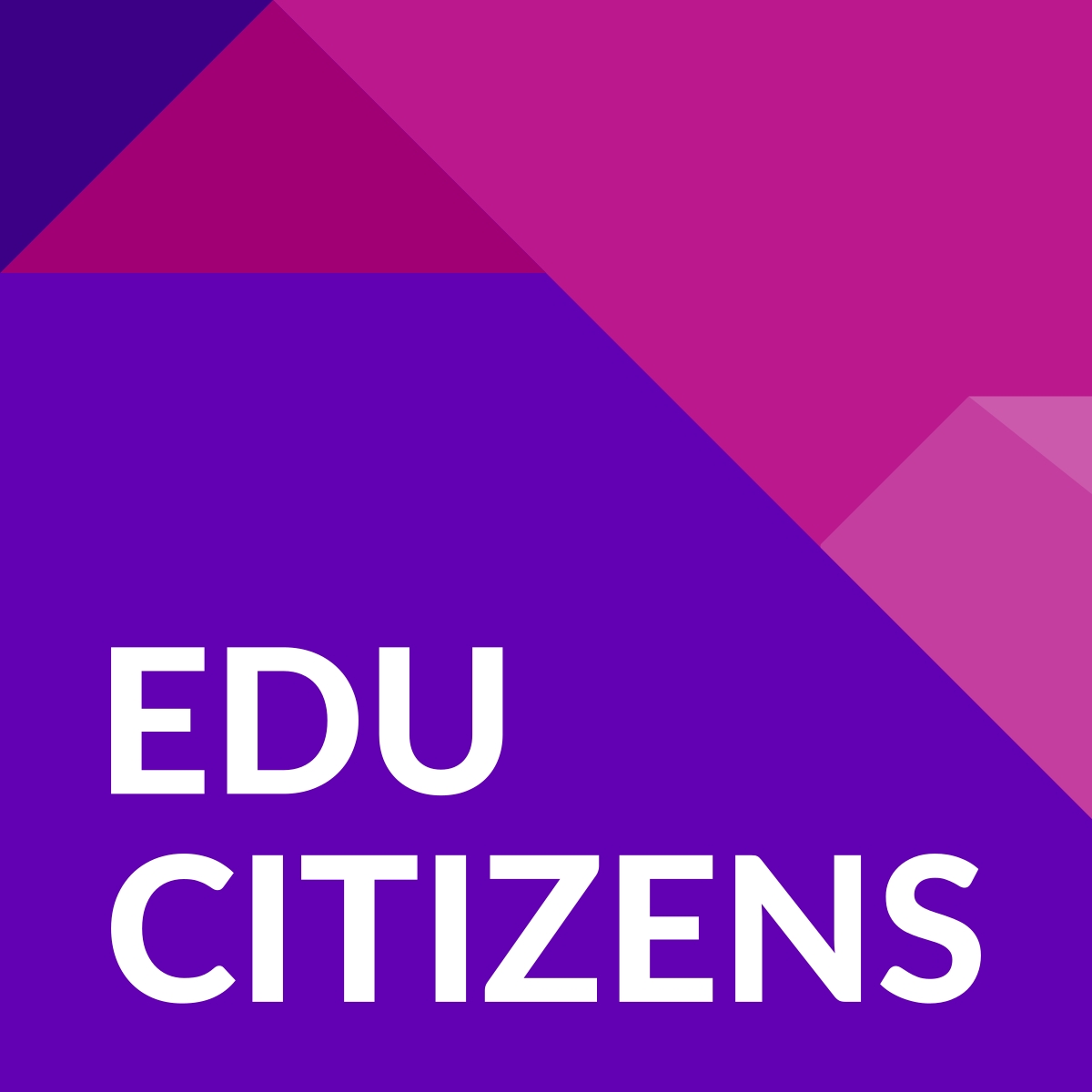
To participate is one of the core skills in the nowadays digital society. Participation means to be in the position to gather information, reflect them and articulate opinion. Participation inherent the ability to conceptualize information and put them into different context.
Transferring participation into education means to educate self-aware citizens, who are open to new ideas, cultures and concepts and who are willing to form and influence actively their society. Therefore it was beneficially to create curricula, which had a European perspective on citizenship and participation. Still each country inside the EU has different approaches which never have been brought together
at the European Level.
Educitizens is based on 3 fundamental pillars – participation, citizenship and empowerment – and the share of smart practices in educational field ? formal or non-formal. The project sought to create an evaluation grid for identifying smart practice in citizenship building and collect those practices in a method handbook and an online map. The project EDUcitizens was organized in a series of multinational meetings. At every meeting the partners presented two smart practice examples of participative
methods or projects in education. All methods were documented, collected and published at the end of the project. In order to identify the good practices, the partnership discusses and worked out the evaluation grid to identify smart practices.
The grid and the method handbook can be used by institutions from all education sectors in formal and
non-formal learning. There are several definitions and explanations, regarding non-formal education and its difference from and relation with formal and informal education ( Dib, 1988).
There is, however, still a lack and need of a comprehensive model with enough explanatory power to address the increased variety.
Similarly, SMART is a concept that could be understood and utilized in different ways. Thus this book on selected SMART practices of EduCitizens project has required a more refined conceptualization of SMART practices of non-formal learning and education.
Our team has developed one tailored conceptualization of SMART, benefiting from the rich portfolio of the practice cases provided by the project partners. Those case articles that were ready by September 2018 were studied to determine a working classification method. After this content analysis SMART framework has been developed.
This conceptualization covers the original four EduCitizens categories (citizenship, engagement, participation and education) and can be used as case categories so that the lnitials could make it S.M.A.R.T.:
S: Stakeholder diversity, Social inclusion and intercultural dialogue (actor-oriented) that could cover citizenship
M: Mindfulness, awareness, discovery (pre-action-oriented)
A: Action, engagement and empowerment (action-oriented) that covers engagement and participation
R: Reflection, self-experience and learning (post-action-oriented) that could cover education
T: Technology-supported, digital, virtual (tool-oriented)
Among the 48 cases collected which are selected for the e-book publication. Accordingly, the selected cases from partnering countries and organizations have been classified under one of these suggested categories by our team, prioritizing to which it fits the most. (If not to the ‘Others’ to keep it SMART!) Then this categorized list was sent to all partners, and final changes were made, based upon their feedback.








